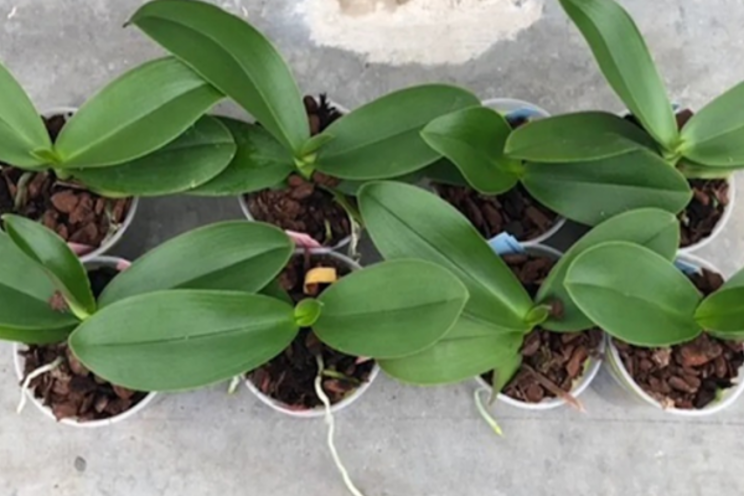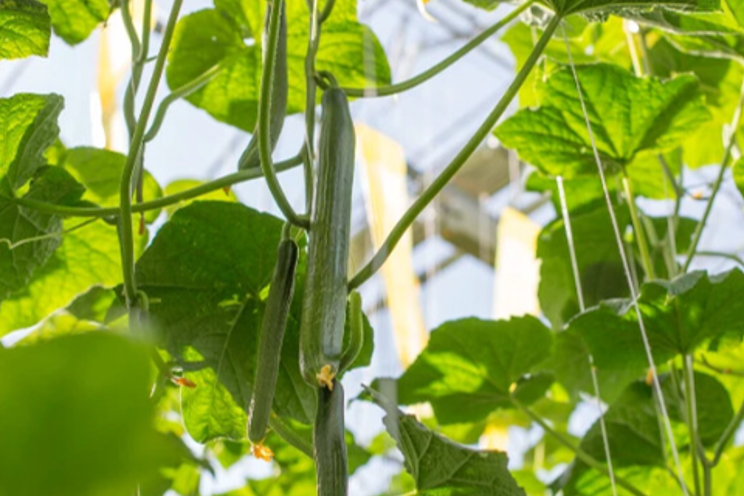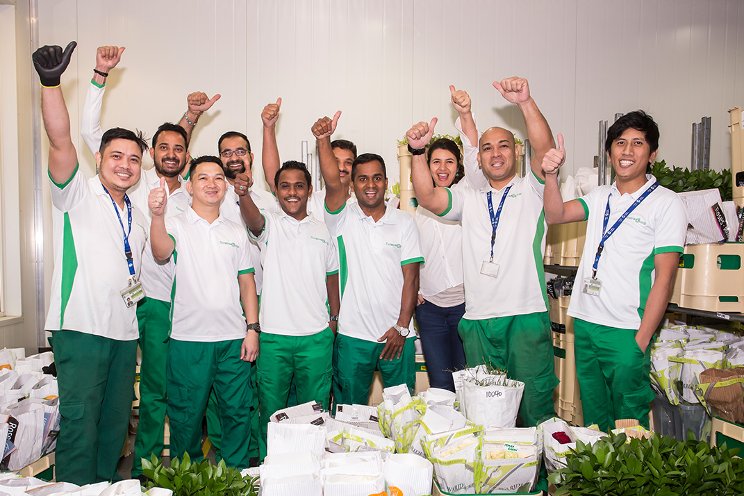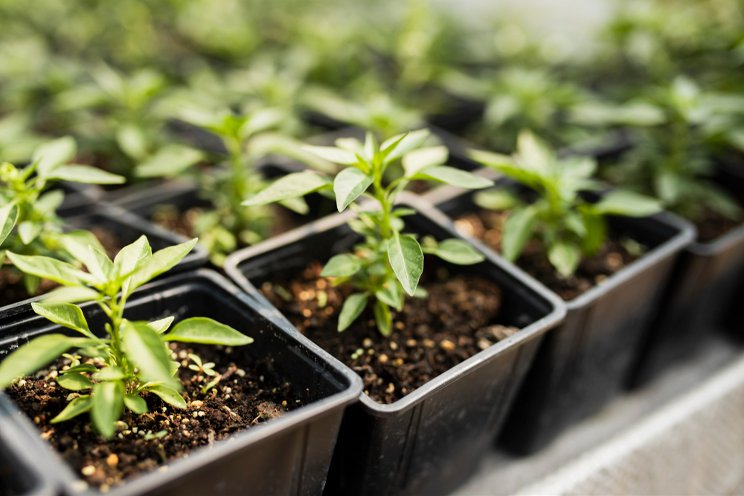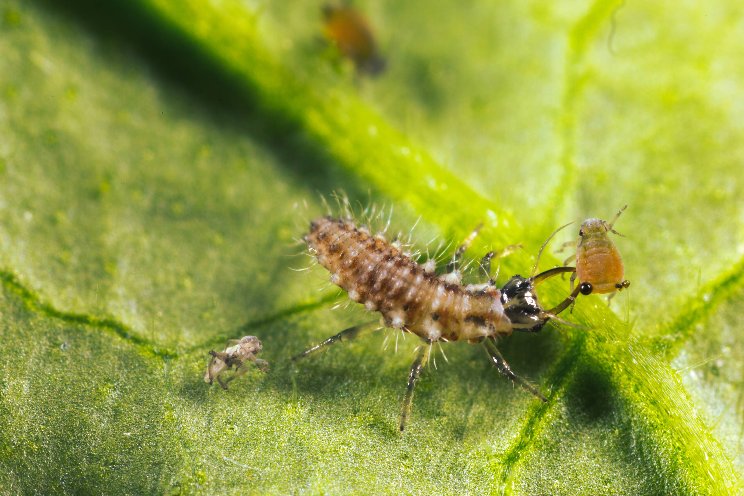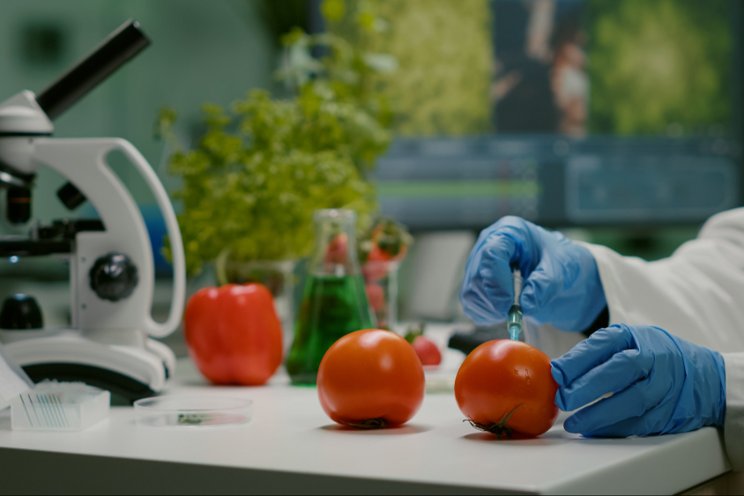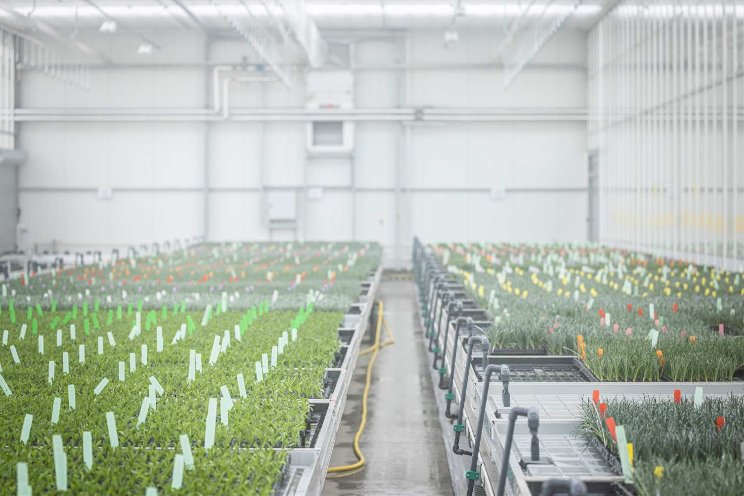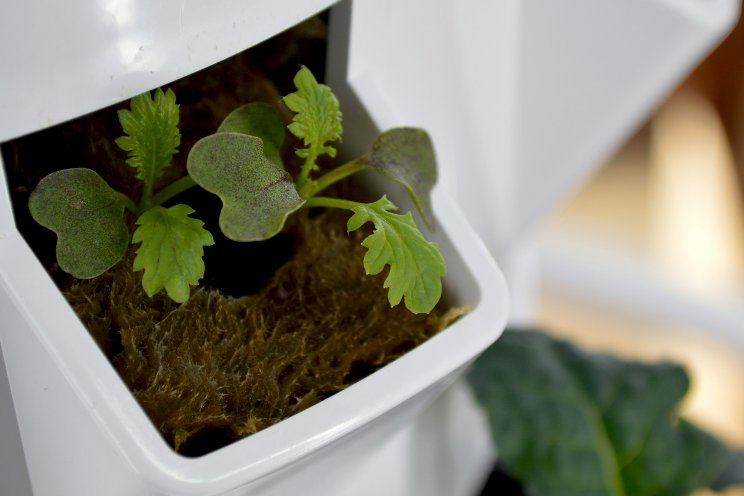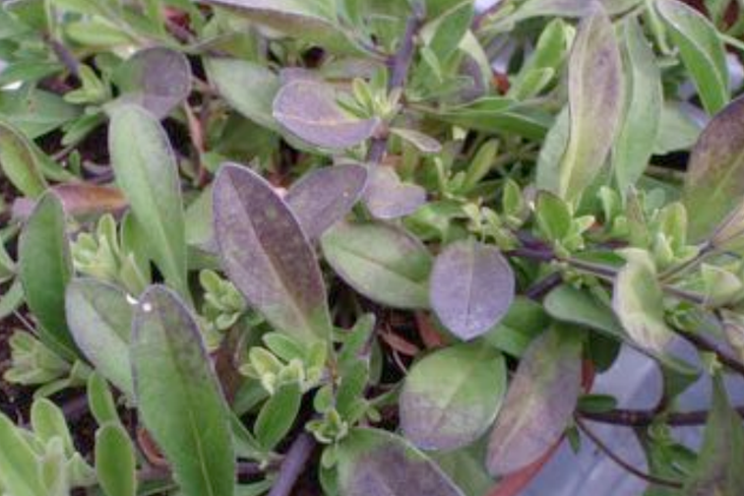Connecticut researchers target pythium management in cannabis
Added on 20 September 2021
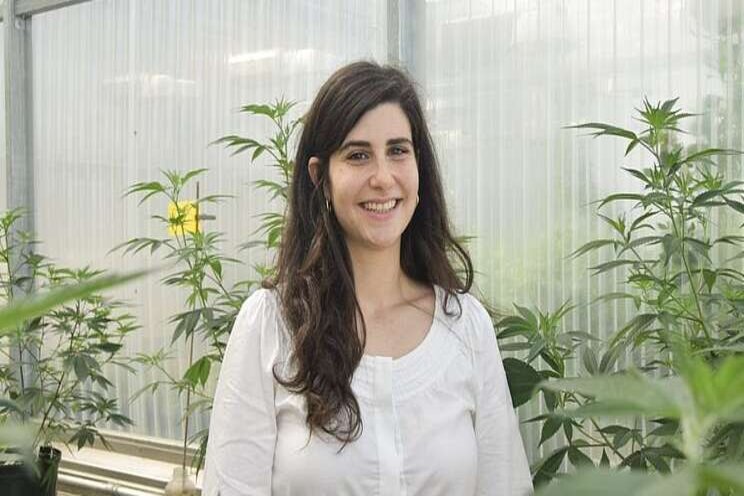
McGehee's research focuses on plant-microbe interactions in relation to root diseases caused by pathogenic Pythium species in hydroponic lettuce. But her training and Raudales' expertise in plant pathology put them in a unique position to address similar pythium management concerns in cannabis.
They were called in on a site visit to assess overall plant health on some cannabis plants in a Connecticut facility. However, during their visit, the researchers quickly realized some of the plants were symptomatic of root rot, a disease that causes yellowing, wilting, and reduced growth.
From there, the researchers tried to get to the bottom of this disorder infecting these plants. They took soilless substrate samples from coconut coir and rockwool the plants were growing in and performed a series of analyses and experiments. They took samples from the seedling stage as well as mature plants.
First, they looked at the morphological characteristics of the organisms obtained from the soilless substrates. By looking at the size and shape of the sexual and asexual structures under a microscope, the researchers were able to identify what kind of organisms they were looking at.
The researchers identified one isolate of Fusarium oxysporum, three isolates of Globisporangium irregulare, and 21 isolates of Pythium myriotylum. Aside from being the most abundant pathogenic species in the samples, P. myriotylum isolates were also the most virulent, or harmful, pathogens.
The pair then conducted pathogenicity assays with hemp in the laboratory and greenhouse. They set up hundreds of hemp plants in UConn's Plant Science Research greenhouse and intentionally infected them with the pathogens.
Learn more about what they discovered next about pythium management by reading the original article from UConnToday.com here.
Source: Greenhouse Grower
Photo: Cora McGehee in the College of Agriculture, Health and Natural Resources greenhouse (Christie Wang/UConn Photo).
Source: Greenhouse Grower
More news
